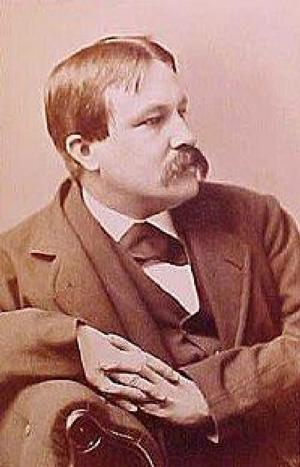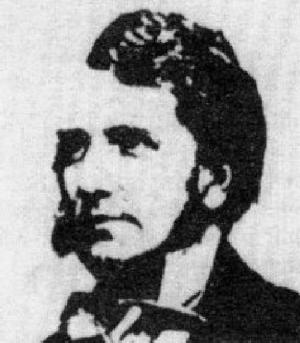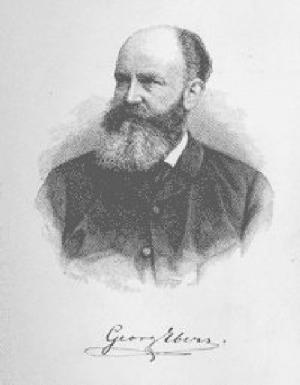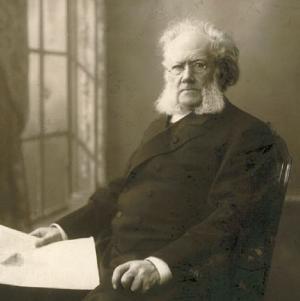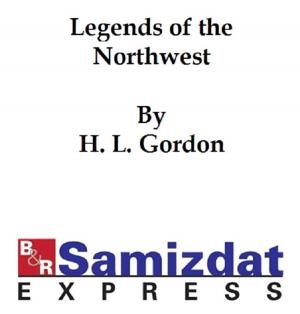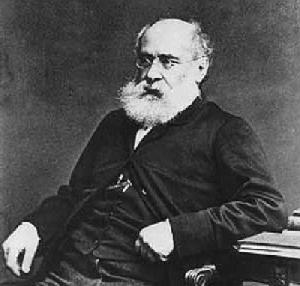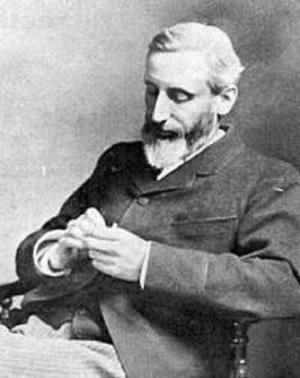| Author: | John Turville Adams | ISBN: | 9781455368280 |
| Publisher: | B&R Samizdat Express | Publication: | December 15, 2009 |
| Imprint: | Language: | English |
| Author: | John Turville Adams |
| ISBN: | 9781455368280 |
| Publisher: | B&R Samizdat Express |
| Publication: | December 15, 2009 |
| Imprint: | |
| Language: | English |
Historical novel, first published in 1857. According to the Introductory Chapter: "The beginning of the 17th century is an interesting epoch in American annals. Although the Atlantic coast of that vast country now comprised within the limits of the United States and Canada had previously been traced by navigators, and some little knowledge acquired of the tribes of red men who roamed its interminable forests, no attempt at colonization worthy of the name had succeeded. The principal, if not the only advantage derived from the discovery of North America, came from the fisheries of Newfoundland and Labrador, frequented mostly by the adventurous mariners of England, France and Spain. In these cold seas, to the music of storms howling from the North Pole, and dashing with ceaseless rage the salt spray against the rocky shore, they threw their lines and cast their nets, at the same time enriching themselves, and forming for their respective countries a race of hardy and skilful sailors. The land attracted them not. The inducements which led to the more speedy conquest and settlement of South America by the Spaniards, were wanting. Gold and silver to tempt cupidity were not to be found, and the stern, though not inhospitable character of the Northern tribes was very different from the imbecile effeminacy of the Southern races. The opposition likely to be encountered was more formidable, and the prize to be won hardly proportioned to the hazard to be incurred. While, therefore, the atrocious Spaniards were enslaving the helpless natives of Peru and Mexico, and compelling them by horrid cruelties to deliver up their treasures, the wild woods of all that region to the north of the Gulf bearing the name of the latter country, continued to ring to the free shout of the tawny hunter.
Historical novel, first published in 1857. According to the Introductory Chapter: "The beginning of the 17th century is an interesting epoch in American annals. Although the Atlantic coast of that vast country now comprised within the limits of the United States and Canada had previously been traced by navigators, and some little knowledge acquired of the tribes of red men who roamed its interminable forests, no attempt at colonization worthy of the name had succeeded. The principal, if not the only advantage derived from the discovery of North America, came from the fisheries of Newfoundland and Labrador, frequented mostly by the adventurous mariners of England, France and Spain. In these cold seas, to the music of storms howling from the North Pole, and dashing with ceaseless rage the salt spray against the rocky shore, they threw their lines and cast their nets, at the same time enriching themselves, and forming for their respective countries a race of hardy and skilful sailors. The land attracted them not. The inducements which led to the more speedy conquest and settlement of South America by the Spaniards, were wanting. Gold and silver to tempt cupidity were not to be found, and the stern, though not inhospitable character of the Northern tribes was very different from the imbecile effeminacy of the Southern races. The opposition likely to be encountered was more formidable, and the prize to be won hardly proportioned to the hazard to be incurred. While, therefore, the atrocious Spaniards were enslaving the helpless natives of Peru and Mexico, and compelling them by horrid cruelties to deliver up their treasures, the wild woods of all that region to the north of the Gulf bearing the name of the latter country, continued to ring to the free shout of the tawny hunter.



